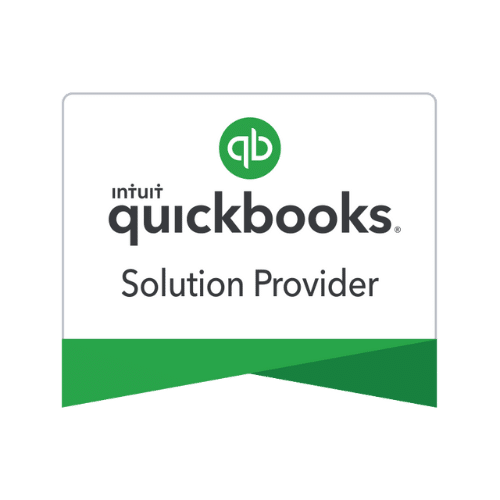The year-end is crucial for businesses to review their financial performance, assess their tax liabilities, and make strategic decisions for the upcoming fiscal year. As a business owner, it’s essential to ensure that your books are up-to-date and accurate so you can clearly understand your business’s financial health.
To help you stay organized and streamline the year-end bookkeeping process, we’ve compiled a comprehensive checklist that covers all the essential tasks you must complete before the year ends. So, let’s dive in and conquer your year-end bookkeeping with confidence!
Conquer Your Year-End Bookkeeping with Confidence
Review Your Financial Statements
The first step towards successful year-end bookkeeping is to review your financial statements. These documents provide an overview of your business’s financial activities throughout the year and are essential for making informed decisions. Make sure to review your income statement, balance sheet, and cash flow statement to understand your business’s performance, financial position, and liquidity. This includes:
- Income Statements: Review revenues, costs, and expenses to evaluate your business’s profitability. Check for any discrepancies or unexpected changes.
- Balance Sheets: Assess assets, liabilities, and owners’ equity. Make sure all transactions are correctly recorded and your business’s net worth is accurately represented.
- Cash Flow Statements: Examine your business’s cash inflows and outflows. Ensure your funds’ sources and uses align with your expectations and business strategy.
- Compare Year-over-Year Data: Look at your financial statements from previous years and compare them with the current year’s data to identify trends or significant changes.
- Reconcile Bank Statements: Make sure your financial statements match your bank records to avoid any financial discrepancies. If there are discrepancies, investigate and correct them.
Organize Your Financial Documents
Next up on our checklist is organizing all your financial documents. This includes receipts, invoices, bank statements, credit card statements, payroll records, and any other relevant financial documents. Keeping your documents organized and easily accessible will save you significant time and effort down the road, especially during tax season.
Reconcile Your Accounts
Reconciliation is a critical process that involves comparing your business’s records to bank statements and other financial data to ensure they match. This step is crucial for identifying any discrepancies or errors in your books, such as missing transactions or incorrect entries. Make sure to reconcile all your accounts, including bank accounts, credit cards, and loans.
Close Out Your Books
As the year comes to an end, it’s essential to close out your books for the current fiscal year. This involves recording all financial transactions until December 31st and making necessary adjustments. Once you’ve closed out your books, you’ll have a clean slate to start the new year with accurate and up-to-date financial records.
Prepare for Tax Season
Preparing for tax season is one of the most daunting tasks for business owners. But staying organized and following this checklist can make it a seamless process. Make sure to gather all relevant documents, such as W-2s, 1099s, and receipts for deductible expenses. Consider hiring a professional tax preparer or using online tax software to ensure accurate and timely filing.
Set Goals for the New Year
Finally, as you wrap up your year-end bookkeeping, take some time to set goals for the new year. Reflect on your business’s financial performance and use that information to create realistic and achievable goals for the upcoming year. This can include increasing revenue, reducing expenses, or improving cash flow.
Having clear objectives will help you stay focused and motivated throughout the year.
Wrapping Up Your Year-End Bookkeeping Tasks
Conclusion: Year-end bookkeeping can be overwhelming and time-consuming, but with a little planning and preparation, you can tackle it with ease. By reviewing and reconciling your financial statements, organizing your receipts and expenses, updating your accounting software and tax forms, and taking advantage of professional bookkeeping and tax services, you can set yourself up for a successful year ahead. So don’t let bookkeeping stress you out. With the right tools and resources, you can stay in control of your finances and focus on growing your business.







